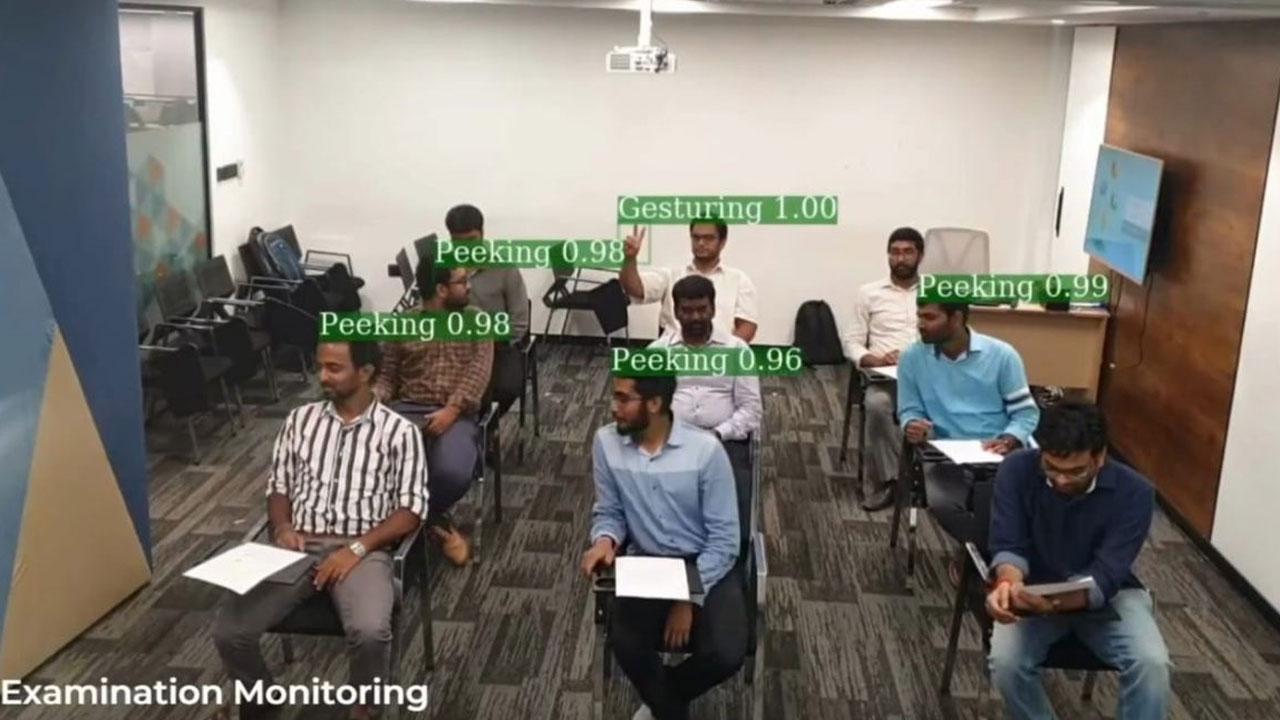Education provides salvation from ignorance, oppression, and poverty, giving equal opportunities to those who seek it.

The importance of sending the rightly educated citizens to the world (PC: UNICEF)
The 24th of January every year is celebrated as the International Education Day – to acknowledge the power of education and its ability to transform societies and create positive change in the world.
ADVERTISEMENT
Education provides salvation from ignorance, oppression, and poverty, giving equal opportunities to those who seek it. Education is not only a tool for equal opportunity but also a tool to emancipate conservative thoughts and beliefs. And education in the 21st century has witnessed a sea change. From blackboards to digital handhelds – the tech has come in to ease and ameliorate pedagogy and learning.
And as we continue to advance in technology, it is exciting to see EdTech taking in newer shapes and turns in driving disruption in the education sector everyday.
Education has three key pillars. One is in-depth and exciting Content which not only enhance knowledge but will also provide enough fuel to excite the inquisitive minds. Second, is the Teacher who/which enables this enriching content to be comprehended by students. And finally the mode of Assessing learning which could be in form of exams or projects which assess not only the comprehension but is also a way to assess and make aware of individual capabilities and preferences.

Teachers being the sole source of information at one time – now the digital teacher a.k.a the internet is a swipe away. Students who needed books and guides now can study online from different teachers. All they need is mobile phone and internet connectivity. Yes, the changes were made possible through the start-ups working to fill the shortcomings of the conventional education system.
But the pandemic surely accelerated their surge. Tech to teach better, to analyse student performance, measure true learning over just exam readiness – there was a whole new shot in the arm to this industry. Players like WhiteHat, Unacademy, and Byju saw unprecedented growth numbers.
Rise of Ed-Tech startup
Indian Ed-Tech startups raised $4.7 billion in 2021, up from $2.2 billion in 2020. This made ed-tech space the third most funded Indian start-up category, after e-commerce at $10.7 billion and fintech at $8 billion. After the success in the initial phase during Covid, things started to turn for the worse for these start-ups with the mass laying off of employees due to lack of funding and higher customer acquisition.
But what they brought in, stayed. The power of A.I. to create personalised learning experiences for students made education more accessible and engaging. AI-powered educational tools could analyse student data to create customised learning plans and provide real-time feedback, allowing students to learn at their own pace and in their own way. This personalised approach to education is now the new crucial, as every student’s unique strengths, weaknesses, and learning styles came to the fore.
Furthermore, the tech players also brought in Artificial intelligence to improve student outcomes by identifying learning gaps and providing targeted interventions. This helps teachers to personalise their teaching and provide more effective support to students. By identifying areas where students are struggling, teachers can now provide additional resources and support to help students overcome those challenges and succeed.
Benefits of A.I. in Education
Global e-learning platforms like Coursera are integrating chat GPT into their courses offered on platforms like Python, Java Script, etc. According to Shravan Goli, C.O.O. of Coursera, “to remain competitive in the market, there is a need to leverage A.I.”.
We, at Shinkan have for the last so many months tried to push through the basic understanding that the examination process at every level need to be secure and credible. It needs to be equipped with proctoring tools that help strengthen the capability of the assessor. True and honest exams are not only beneficial to the assessor but also to the assessee.
The use of A.I. in education has also made it possible to bring education to underserved communities, both locally and globally. With the rise of online learning platforms and AI-powered educational tools, students in remote areas can access high-quality education and learning resources that were once only available to those in urban centers. This has the potential to level the playing field and provide equal opportunities for all students, regardless of their location or socioeconomic status.
Another area where EdTech is driving AI-led innovation and disruption is in the field of language learning. AI-powered language learning platforms can provide personalised feedback to students, helping them to improve their pronunciation, grammar, and vocabulary. This is especially helpful for students learning a new language in a non-immersive environment, as they may not have access to native speakers or language immersion programs.
AI is also being used to create more immersive learning experiences for students. Virtual and augmented reality technologies allow students to explore complex concepts and ideas more engagingly and interactively. This not only makes learning more fun and engaging but also helps students to retain information more effectively.
Yes, the pandemic served as a terrible bane but it is also have a boon to it - With many schools and universities closed or operating at reduced capacity, the use of AI-powered educational tools and online learning platforms now becomes an essential yet consistent backup to ensure that learning continues. Tech can help to provide personalised support to students, even in a virtual setting, and ensure that no student is left behind.
Challenges and Disruption in education sector
A.I. made our life easier but the real problem lies in its use. The manner in which students will be using. According to Forbes, A.I. in the education industry is going to create disruption. A survey conducted in U.S.A. on 1000 college students revealed that nearly one-third have used AI tools to complete their home assessments.
The reliance is going to increase in future with students copy pasting work and leaving the most important aspect, which is learning. One of the biggest challenges is ensuring that the technology is used responsibly and ethically. There is a risk that AI-powered educational tools could perpetuate biases or reinforce stereotypes, particularly if they are not designed with diversity and inclusion in mind.
Another challenge is ensuring that teachers are equipped with the skills and knowledge necessary to use AI-powered educational tools effectively. While these tools have the potential to transform education, they are only effective if teachers know how to use them properly and can integrate them into their teaching practices.
In conclusion, the role of EdTech startups in driving AI-led innovation and disruption in the education sector is crucial. AI-powered educational tools have the potential to transform education and create more personalised and engaging learning experiences for students. They can also help to bring education to underserved communities and improve student outcomes. However, it's important to ensure that the technology is used ethically and responsibly and that teachers are equipped with the skills necessary to use it effectively.
As Nelson Mandela said, “Education is the most powerful weapon which you can use to change the world.” And unless applied right, its effect would not be as pronounced and hence the responsibility is on us for this one.
Authored: Abhijit Saxena, Co-founder, Shinkan
 Subscribe today by clicking the link and stay updated with the latest news!" Click here!
Subscribe today by clicking the link and stay updated with the latest news!" Click here!







